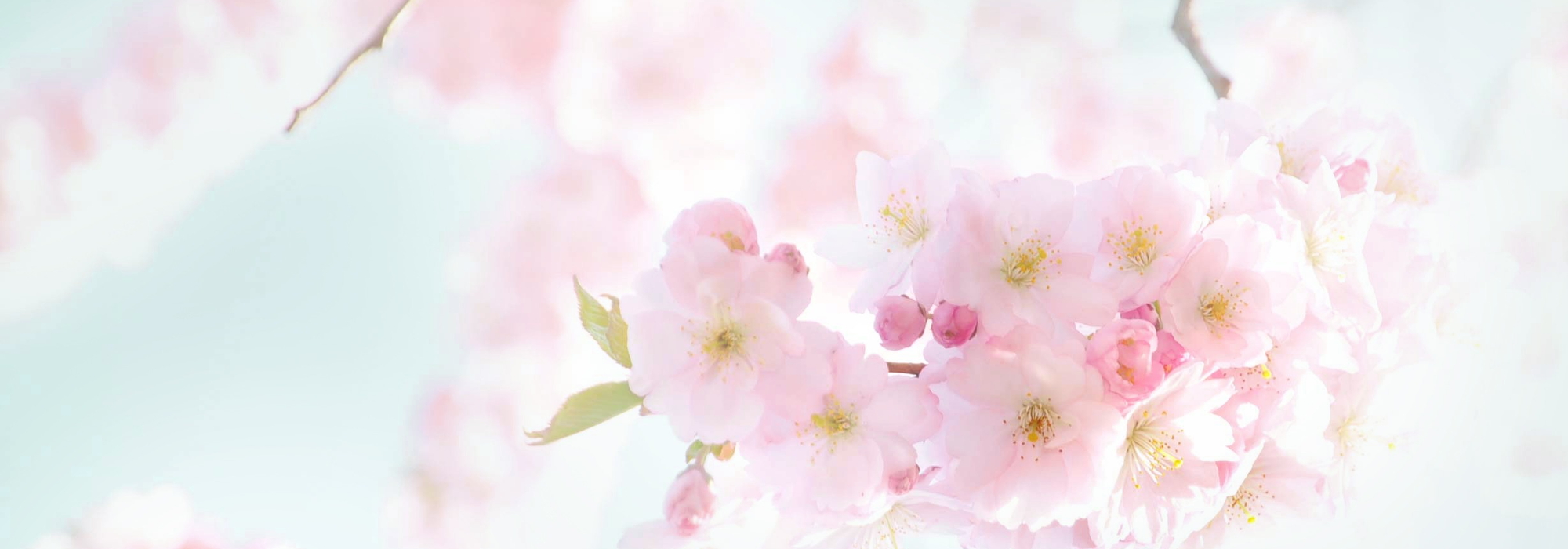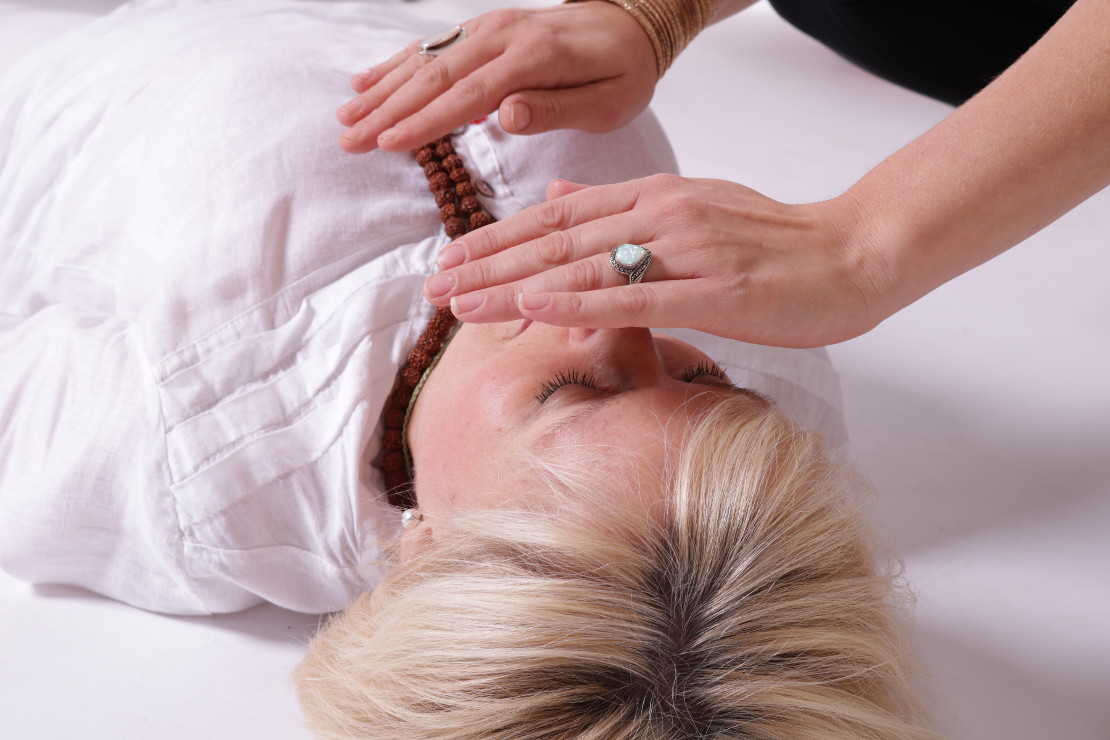
I Feel Good Therapy Clinic
Complementary & Holistic Approach

"Reiki" (ray-key) is Japanese for ‘universal life energy’, a term used to describe a natural
system to help bring about an improved sense of wellbeing and a positive feeling of spiritual
renewal. This tradition was founded by Dr Mikao Usui in the early 20th century and evolved
as a result of his research, experience and dedication. It is a tradition that is open to any
belief system and benefits may include deep relaxation and the promotion of a calm peaceful
sense of wellbeing.
The method of receiving a Reiki treatment from a practitioner is simple. The recipient
remains clothed and comfortably lies on a couch or sits on a chair. The practitioner gently
places their hands non-intrusively, on or near the body using their intuition and training as a
guide. There is no massage or manipulation. Reiki can be used on the person as a whole, or
on specific parts of the body. It is also possible to receive Reiki at a distance.
Reiki is taught by Reiki Master/Teachers, who have trained in the tradition passed on, in
person, from Master to student. Students go through a process of initiation/attunement to the
Reiki energy. They are then able to treat themselves and others, not only from a personal
and emotional perspective, but also as an aid to individual development and spiritual growth.

The secret art of inviting happiness
The miraculous medicine of all diseases
Just for today, do not anger
Do not worry and be filed with gratitude
Devote yourself to your work
Be kind to people
“Reiki is personal and holistic. It helps people become whole. As people become whole, so they become well.
More often than not the healing can be seen and felt in the body, and the symptoms ease or disappear.
Sometimes the body does not get well, yet even so a profound healing occurs. A lifetime becomes complete.”
“Reiki is primarily perceived as a practice for healing the mind and spirit. Ultimately, Reiki has the
power to reunite the trinity of Mind-Body- Spirit in their optimal state of harmony”.